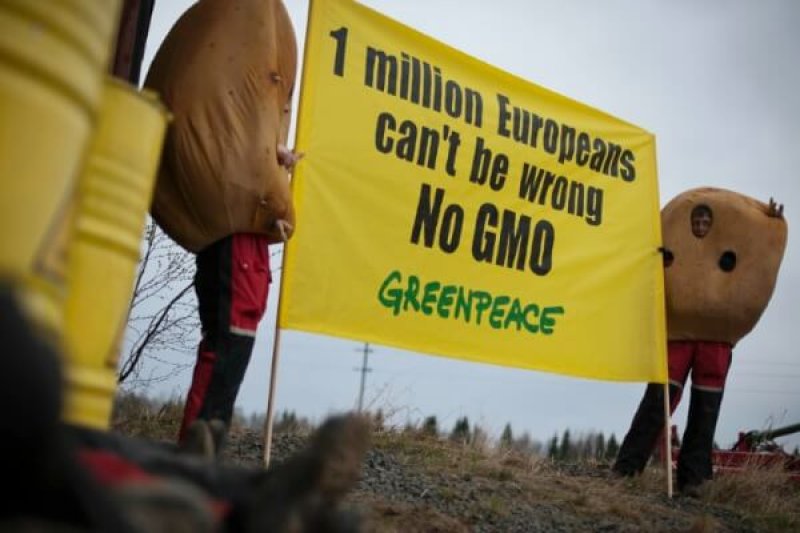The need to feed growing populations in developing countries, especially countries in Africa, must be met by increasing the yields of crops. Also, climate-change related problem such as drought continue to worsen hunger problem and humanitarian crisis in the continent. Genetically modified organisms (GMOs) could greatly help with these issues, yet resistance persists in Europe and Africa both.

…
Europe is overly cautious about the use of GMOs. But Europeans are well fed, and are not experiencing the type of hunger and malnutrition that affects people in other parts of the world. Europeans must stop playing fear-based politics on technologies that can benefit millions of people dying from micronutrient deficiency and hunger in Africa.
…
We need to stop media bias towards the use of GMOs, and educate the individuals and organizations that are influencing policies against GMOs. There is overwhelming evidence that GMOs are safe for human consumption. If the world is to achieve the United Nations sustainable-development goals, GMOs will need to play a part.
Editor’s note: Ademola Adenle is a fellow at the School of Global Environmental Sustainability at Colorado State University
Read full, original post: The Developing World Needs GMOs































